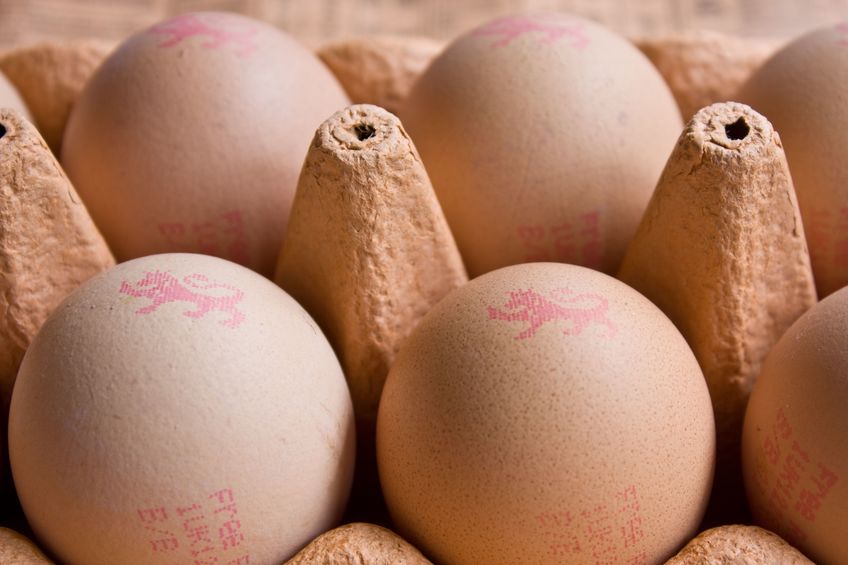Egg sector leaders raise concern after UK-NZ trade deal

Egg industry leaders have again raised concerns about foreign imports after the UK government announced the signing of a post-Brexit trade deal with New Zealand.
The government said the trade deal would remove trade barriers on a huge range of UK goods and services and provide new opportunities for British businesses.
But NFU president Minette Batters said there was 'little in the deal to benefit British farmers' and, over time, there would be no limit to the amount of goods New Zealand could export to the UK.
The British Egg Industry Council (BEIC) said it had raised concerns over this and other proposed trade agreements and would continue to do so.
In announcing the deal, the government said the UK-New Zealand trade relationship was worth £2.3bn in 2020 and was now expected to increase by almost 60%, boosting the UK economy by £800m and increasing wages.
It said that, under the new deal, tariffs would be eliminated on all UK exports to NZ, including current tariffs of up to 10% on clothing and footwear, 5% on buses and up to 5% on ships, bulldozers and excavators.
Smaller businesses would also find it easier to break into the NZ market as a result of modernised customs procedures, such as digital documents and customs clearance as quick as six hours, it said.
A spokesman for the BEIC said: “The BEIC has submitted evidence to UK government to raise concerns about this and several other proposed trade agreements, including India, Australia and the CPTPP trading block, and will continue to do so.
“It is imperative that our producers are not undercut, and our high standards are not undermined, by eggs or egg products from any countries with welfare standards or production processes that would be unacceptable or illegal in the UK.”
Mark Williams, chief executive of the BEIC, has repeatedly expressed fears that government could be prepared to allow imports produced to lower environmental and animal welfare standards in order to secure trade agreements.
A study by Wageningen University in the Netherlands indicated that, compared to the EU average, the production cost of shell eggs in 2017 were 24% lower in the USA, 22% lower in Ukraine, 14% lower in Argentina and 11% lower in India, he said.
Production costs of whole egg powder in 2017 were 21% lower in the United States, 20% lower in Ukraine, 13% lower in Argentina and 13% lower in India.
The study said that, because the cost of transportation of powder was low, the offer price of whole egg powder from third countries was relatively low, but current import levies protected EU production.
Minette Batters responded to the announcement of the New Zealand deal by saying: “As expected, this deal takes the same approach as the UK-Australia deal in eliminating tariffs for agricultural products.
"Even for sensitive sectors like beef and lamb, dairy and horticulture, in time there will be no limit to the amount of goods New Zealand can export to the UK.
“I have consistently pointed out that the real risk to UK farmers, and longer term for people wanting to buy British food, from the government’s approach to trade deals is not the individual deals themselves but the cumulative impact of each deal when added together. This deal today shows I was right to be concerned.
“UK farm businesses face significantly higher costs of production than farmers in New Zealand, and margins are likely to tighten further in the face of rising input costs, higher energy bills and labour shortages."
International Trade Secretary Anne-Marie Trevelyan said the deal would slash red tape, remove all tariffs and make it easier for services companies to set up and prosper in New Zealand.
“Our trade with New Zealand will soar, benefiting businesses and consumers throughout the UK and helping level up the whole country,” she said.
“Like all our new trade deals, it is part of a plan to build a network of trade alliances with the most dynamic parts of the world economy, so we set the UK on a path to future prosperity.”
The government said the agreement was one of a series of advanced deals with leading nations that would “update trade rules for the digital age, building on the groundbreaking digital trade principles agreed by G7 countries under the UK’s presidency.”








